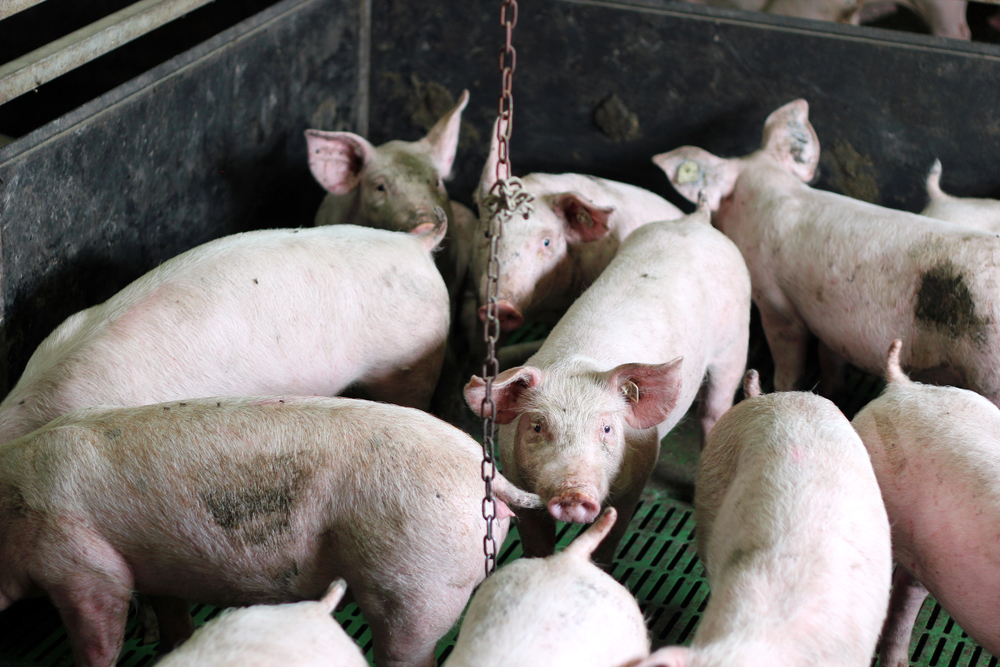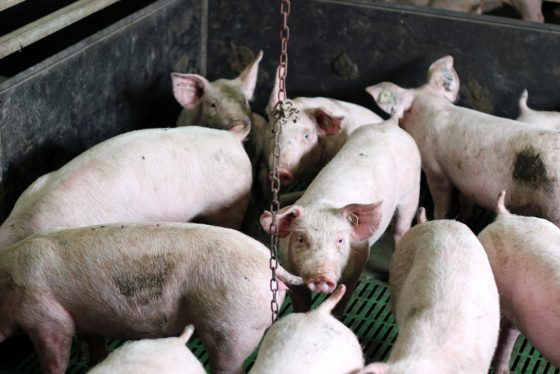Some pig and poultry firms wrongly included on pollution list: RIVM


Public health institute RIVM has admitted making more errors in a list of the 100 biggest sources of ammonia pollution in the Netherlands, which was compiled to help the government determine strategy to tackle the excess of nitrogen.
The RIVM said it is unclear about the exact impact of the errors, which were revealed via freedom of information requests, but that several pig and poultry farms were wrongly included in the ranking.
Nitrogen minister Christianne van der Wal issued a short statement saying she ‘deeply regrets’ that some companies have been labeled major polluters. ‘As minister I should be able to trust information from independent scientific institutes such as the RIVM, she said. ‘In this case, the trust was misplaced.’
Sjaak van der Tak, the chairman of farmers lobby group LTO, described the errors as ‘embarassing and not without consequences’.
The LTO opposes any attempt to buy out farmers against their will and this ‘once again demonstrates the unreliability’ of basing a strategy on a model. ‘Forcing farmers is legally, practically and morally untenable,’ he said. ‘The minister should now recognise that outright.’
What’s all the fuss about nitrogen in the Netherlands?
The government is obliged to limit emissions of nitrogen oxide and ammonia to comply with a Council of State ruling from 2019, which said it must act to protect conservation areas known as Natura-2000 zones.
Court
Meanwhile, later today the Council of State, the country’s highest administrative court, will rule if the construction industry can continue building as an exception to the current rules on reducing nitrogen-based pollution.
If the council rules work must stop, it will be another major blow for the government’s strategy, which has allowed construction work to continue on roads and housing because the pollution it generated was temporary.
Thank you for donating to DutchNews.nl.
We could not provide the Dutch News service, and keep it free of charge, without the generous support of our readers. Your donations allow us to report on issues you tell us matter, and provide you with a summary of the most important Dutch news each day.
Make a donation